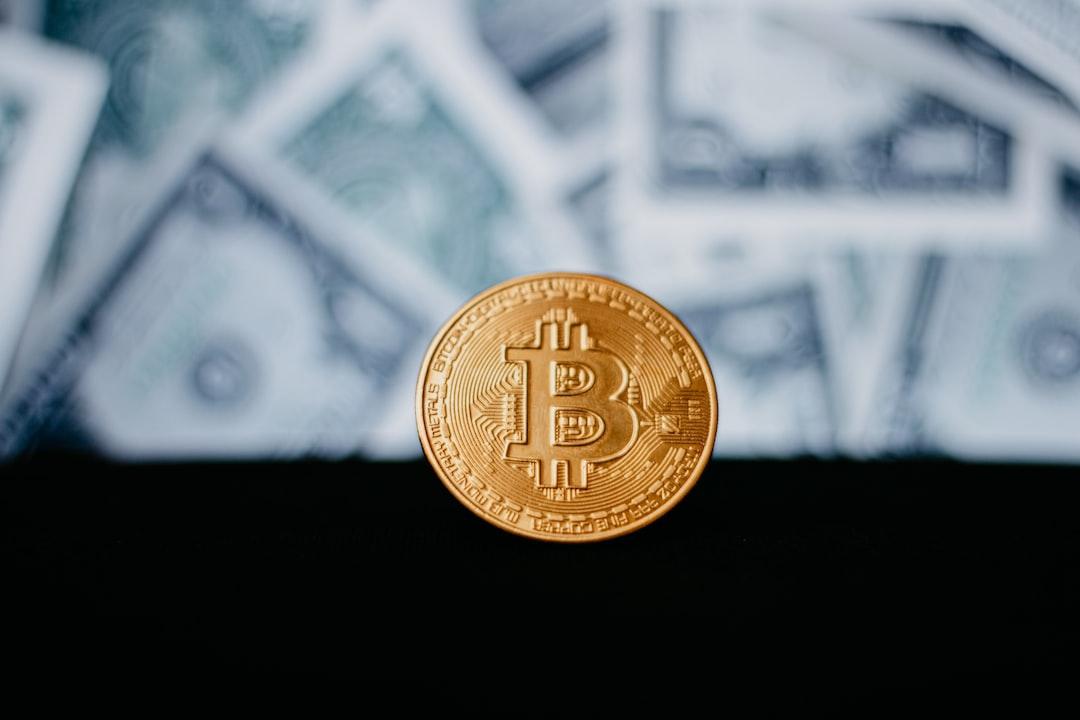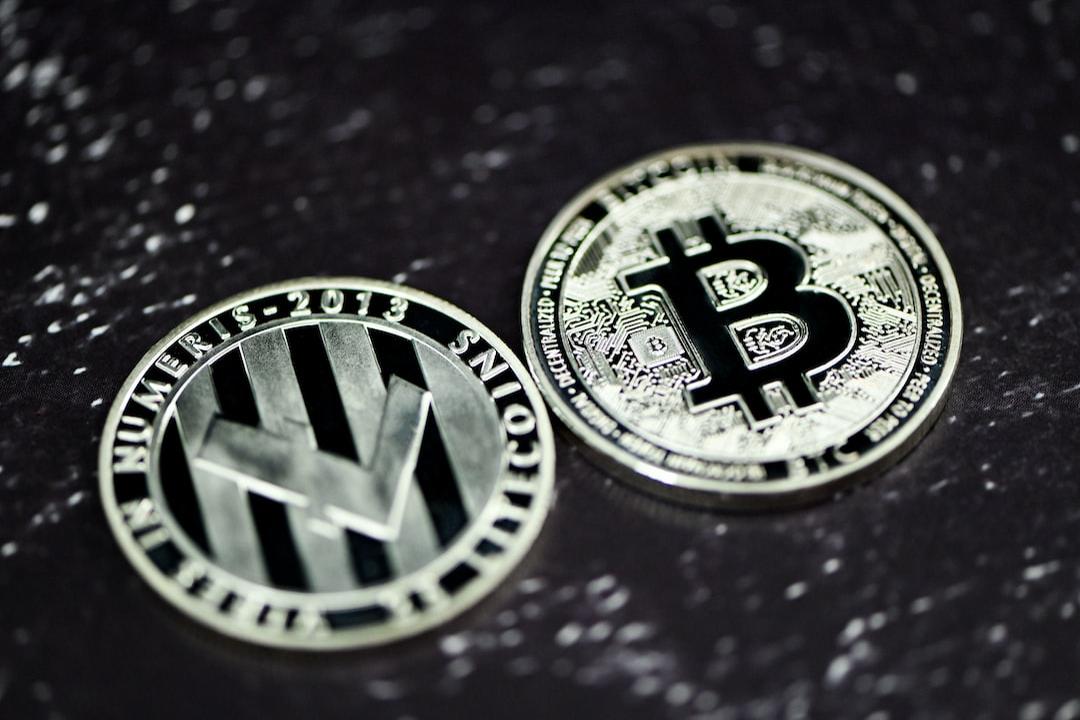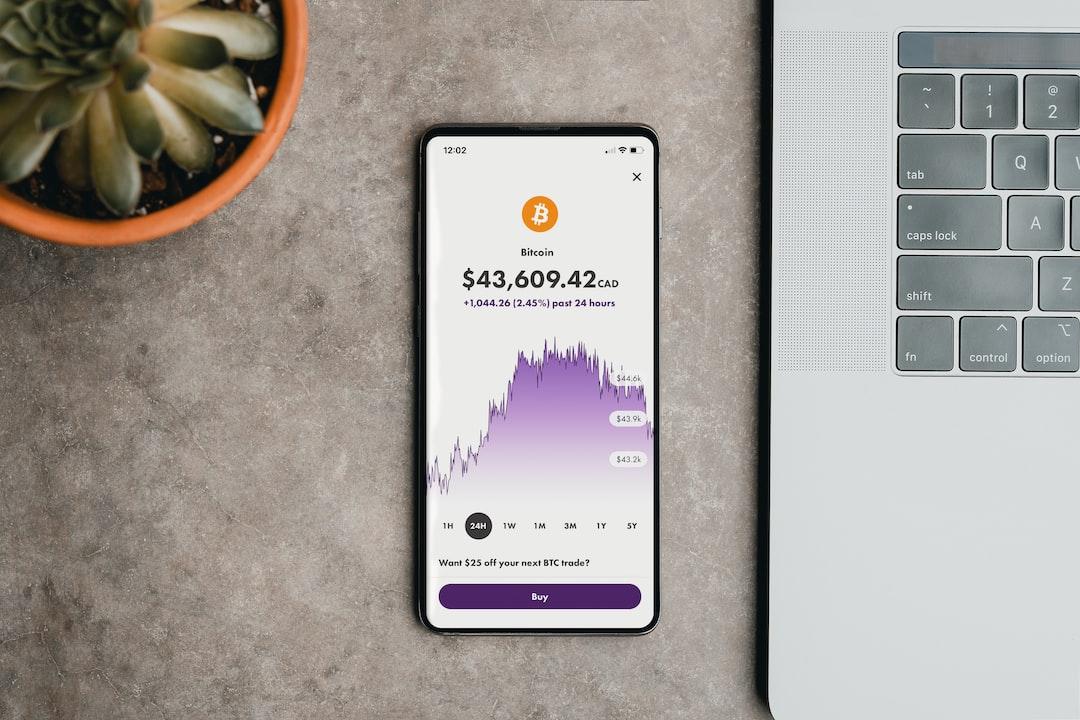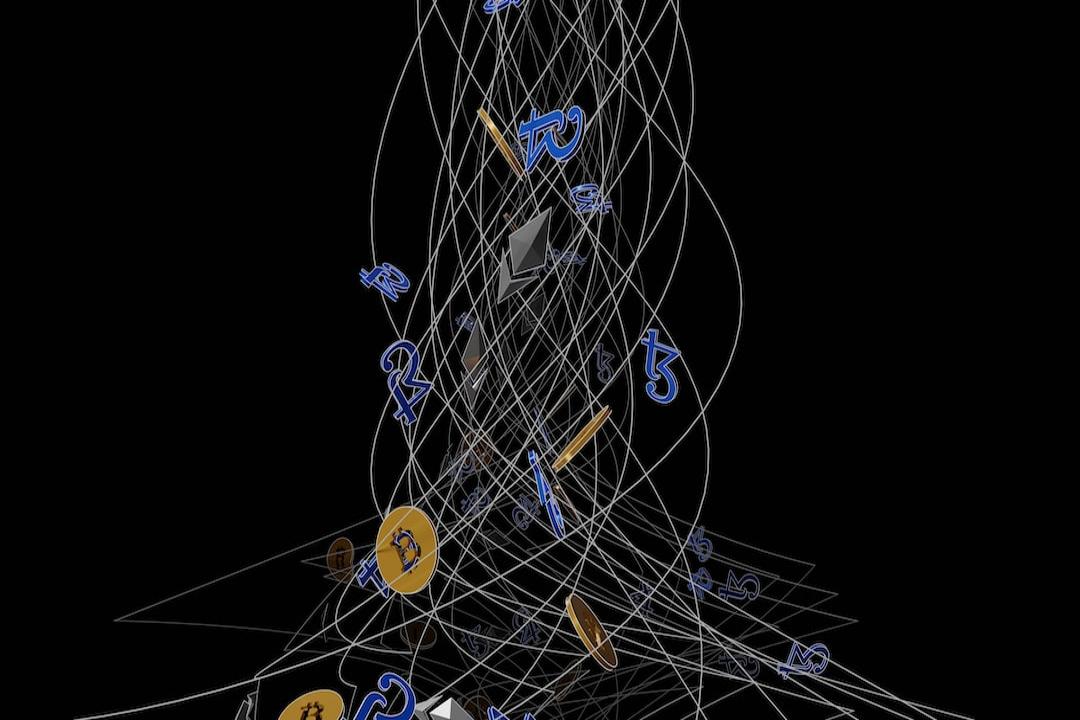
Wells Fargo and Citigroup Experience $38.4 Billion Deposit Outflow in One Year, JPMorgan Chase CEO Cautions Federal Reserve
New data reveals that two of the biggest banks in the United States are facing a significant decrease in deposits, amounting to billions of dollars.
Citigroup’s quarterly earnings report shows a decline in deposits from $1.3305 trillion in the first quarter of 2023 to $1.3072 trillion in the first quarter of this year, resulting in a reduction of $23.3 billion over a 12-month period.
Similarly, Wells Fargo experienced a drop in deposits of $15.1 billion during the same time frame, going from $1.3567 trillion in the first quarter of 2023 to $1.3416 trillion in the first quarter of 2024.
JPMorgan Chase also reported a 7% decrease in deposits within its Consumer & Community Banking division during the first quarter, excluding figures from its majority acquisition of troubled First Republic Bank. However, the bank stated that overall deposits remained unchanged when excluding First Republic.
Looking ahead, JPMorgan’s chief financial officer, Jeremy Barnum, anticipates that deposit balances will remain stagnant, at best, as consumers search for higher returns on their cash. He explains, “We expect deposit balances to be relatively stable or slightly reduced. This poses a minor challenge because we currently hold around $900 billion in deposits that generate negligible returns. Even slight adjustments in product-level pricing can significantly impact our net interest income.”
Meanwhile, JPMorgan Chase CEO, Jamie Dimon, warns that US banks could face another crisis if the Federal Reserve decides to raise interest rates. In his latest annual shareholder letter, Dimon expresses concerns that banks and highly leveraged American companies would be severely impacted if persistent inflationary pressures lead to stricter monetary policies from the Fed.
Dimon recalls the banking crisis of 2023 when JPMorgan purchased First Republic following the failures of Silicon Valley Bank (SVB) and Signature Bank. He explains that the crisis was believed to be resolved as long as interest rates did not drastically increase and a severe recession was averted.
However, Dimon warns that if long-term interest rates rise above 6% and coincide with a recession, significant stress would be experienced not only in the banking sector but also among leveraged companies and other entities. He points out that even a modest 2 percentage point increase in rates would result in a 20% drop in the value of most financial assets, and certain real estate assets, particularly office spaces, could be even more devalued due to a recession and increased vacancies. Additionally, credit spreads tend to widen, sometimes dramatically, during a recession.
It is clear that the banking industry is facing challenging times, with deposit flight and the potential risks associated with interest rate hikes. Investors are advised to exercise caution and conduct thorough research before engaging in high-risk investments involving Bitcoin, cryptocurrency, or digital assets. The Daily Hodl is not an investment advisor and does not endorse the buying or selling of any cryptocurrencies or digital assets.















